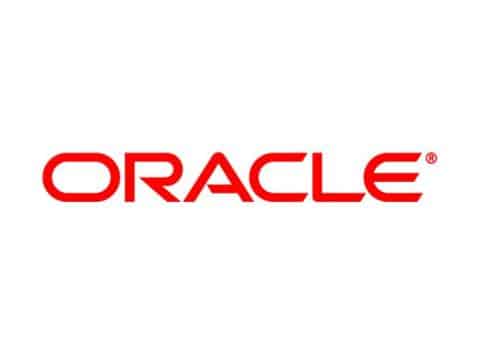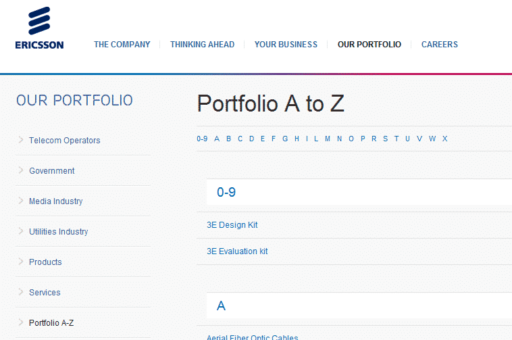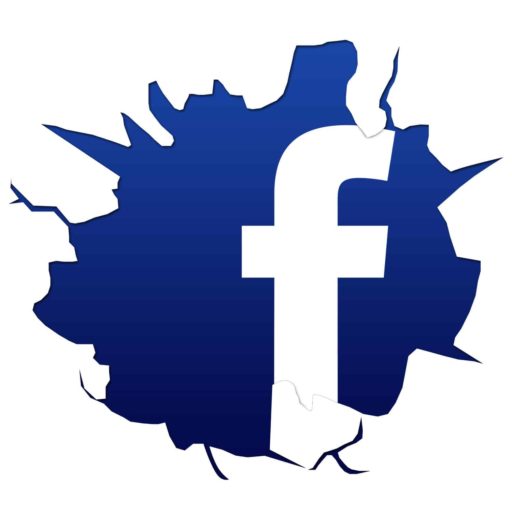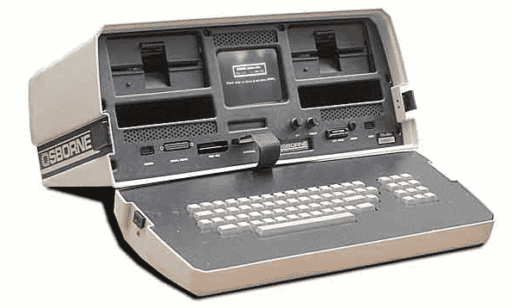Oracle and Google have been locked in a bitter legal battle over alleged infringement of Java copyrights. Oracle is of the opinion that Google committed the infringement whereas Google holds that what it used was already free. Today, Oracle’s Larry Ellison took the stand to represent Oracle and we are not sure if he did a very good job at it.
Ellison started off by asserting the importance of APIs to the court, stating that creating APIs was one of the most difficult things that developers did at Oracle. He then went on to describe the three different kinds of Java licenses available, namely GPL open-source, commercial and specification. Commercial licenses of Java are currently used by companies such as RIM, to be used in BlackBerry.
Ellison elaborated on the ‘specification’ license, stating that in case of such a license, the developers of another company can merely view the Java documentation and not the source code itself. Using the specifications in the documentation, the developers can create their own version of Java which has to pass the compatibility test hosted by Oracle. If the version passes the test, it is good to go. However, Oracle charges a certain fee for the test.
What defined the chief bone of contention between the two, at least as far as the formal stance of Oracle is concerned, is summed in Ellison’s words, ‘The only company I know of that hasn’t taken any of these licenses is Google.’ But when asked if Java is free, he pretty much didn’t have an answer to that, ‘I don’t know if you can copyright a language. I just don’t know the answer to that question.’
Google’s defense attorney Bob Van Nest, on the other hand, tried to convince the court that Oracle had originally extended support for the Android platform. However, when eventually it could not get into the smartphone market itself, it tried to backtrack but Google couldn’t have agreed to its demands, given the sheer extensive use of Android platform by then.
Ellison had trouble making his statements compatible with the earlier statements he had made. He indeed opposed some of his own earlier words. Naturally, this didn’t leave a good enough impression. But we still got to hear Google and see it the case is even weaker at that end.
[ttjad]




